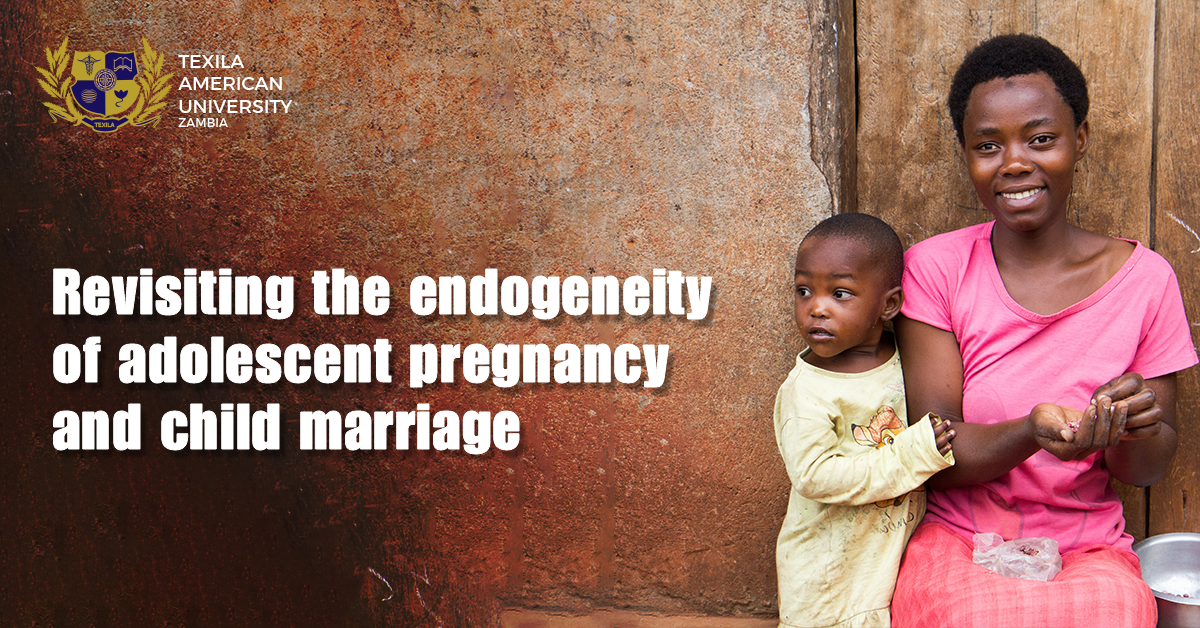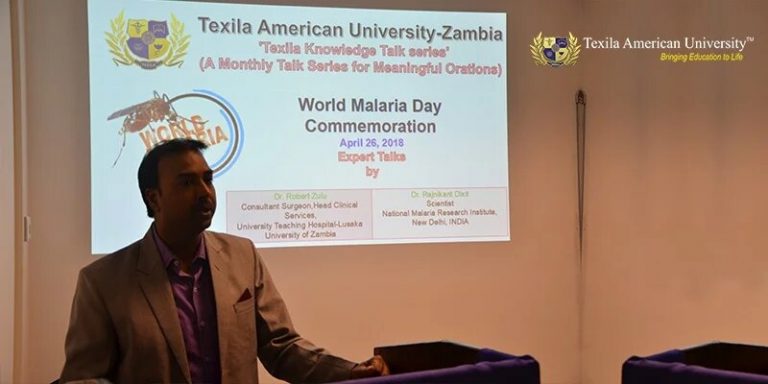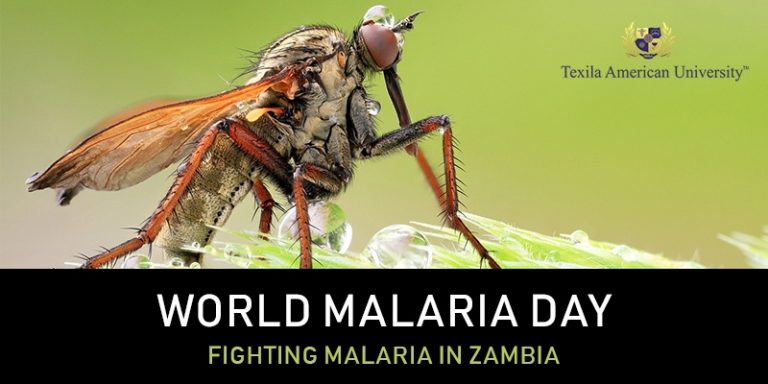|
Tired of Reading? Please listen to the blog
|
Adolescence is a vital time for promoting health and preventing disease. The World Health Organization (WHO) defines an adolescent as an individual in the 10-19 age group. Usually, the term young person denotes those between 10 and 24 years. Adolescent health encompasses changing transitions within multiple physical, social, emotional, cognitive, and intellectual domains. These changes have important implications for health.
During this period of increasing independence, adolescents face critical choices about health-related behaviors in areas such as driving habits, substance use, sexuality, physical activity, diet, and the use of health care services. These behaviors affect health during adolescence and young adulthood and, in the long term, are related to many of the leading causes of adult morbidity and mortality. Therefore, the protection and promotion of health during this life stage is of great importance and has been shown to yield benefits not only for adolescents now but also for their future adult lives and their future children. The essentials of adolescent health have been further heightened by the population aged 10–24 years being the largest in history.
Because trends in early marriage, early childbearing, and nutrition health help determine national poverty levels and economic productivity, nutrition in these years is essential to physical and cognitive development, affecting educational achievement and health. The global community increasingly recognizes these vital needs of adolescents. There is an emerging consensus that investing intensively in adolescents’ health is essential to improving their survival and well-being and critical for success. Therefore, this paper explores three key issues underpinning adolescent health: teen pregnancy, child marriage, and nutrition health.
Decisions about whether to remain in school, marry, or engage in sexual activity also have implications for education and health. The paper posts that failure to understand adolescent health relating to these key issues of teen pregnancy, child marriage, and nutrition health may jeopardize earlier investments in maternal and child health, erodes future quality and length of life and escalates suffering, inequality, and social instability.
Author: Dr. Barnabas Mwansa is a PhD holder from Central University of Nicaragua and Texila American University with over 15 years work experience in social protection, economics and youth employment, adolescent programming and child protection programmes working for United Nations and International non-Governmental Organizations.











